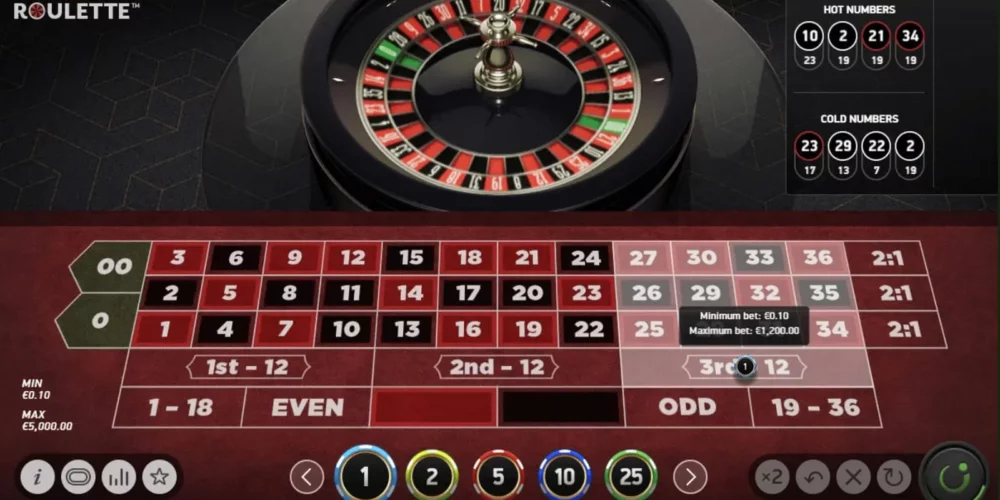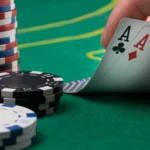Casinos serve up a vast array of gaming experiences crafted to suit every gambler's taste. Be you a seasoned player or a newbie, there's plenty of fun, luck testing, and potential for profits with the wide selection of games like poker, blackjack, roulette, and baccarat.
Players often flock to games that promise the highest winning potential. These games feature a lower house edge, empowering players with better chances to walk away with winnings. Among these top picks, blackjack and roulette frequently top the list.
In games like blackjack, beating the dealer often means doubling your initial bet, much like hitting it big with bets in roulette. Let's dissect these two games to determine which might suit your betting style best.























